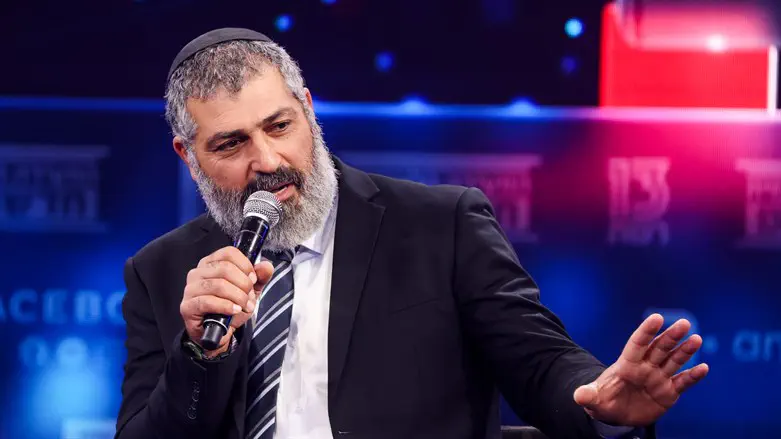
Zvi Yehezkeli, Arab affairs correspondent and head of the Arab desk at Israeli News 13, spoke to Arutz Sheva - Israel National News on his new documentary, “Those who come to kill you,” which includes in-depth interviews with Nukhba and other terrorists who participated in the October 7th massacre, exposing the intensity and magnitude of the cruelty towards the victims of the attack.
“Some of us might not remember as far back as early October, but we have to remember what we dealt with on that day. Only when you dive into the deep waters, do you really understand the level of endless cruelty. I knew that Hamas was cruel, but I learned, how much planning, intent, instructions, and training went into this attack. Only now can I see the big picture,” says Yehezkeli
Yehezkeli continues to describe “how most terrorists did not regret what they had done. Some claimed to have been tricked, by payment, but most were more worried about punishment and jail than actually feeling any remorse. Some even claimed that they were told ‘to kill everyone,’ and if they had not been handcuffed, would also have murdered the investigator.”
Yehezkeli was not surprised only by the level of cruelty, but also by the organization and planning of the attack. “Hamas planned these atrocities. Anyone who claims that they were high on drugs, is wrong. They came in waves, and after the first wave had made the initial attack, more followed, committing even more barbaric offenses than the Nukhba. This was a pre-planned attack. This is a method of education, of religious indoctrination. They believed that by murdering a young child, they were killing someone who would one day be a soldier.”
According to Yehezkeli “this is a culture; a culture of death. Anyone who thinks of helping these terrorists must know that if given the opportunity to do the same thing again, they will, again and again and again. The same goes for Hamas members in Judea and Samaria. Are they any less cruel? If they have the chance to attack with the same cruelty, nothing is stopping them from doing the same.”
Yehezkeli undermines the discourse on trying to break the Hamas. “It’s a very difficult question if one can break down an idea, an ideology. We are paying the price for burying our heads in the sand for the past fifteen years, and if we don’t open our eyes and wake up to the reality of the ‘misconception’ we were living in, we are going to see a repeat of the same.”
Yehezkeli concludes by saying: “The purpose of this documentary is to show what a vicious war we are fighting. Every day we hear reports in the news, but this is writing history. We are now in a time when the world has become oblivious to our pain and the US is on the way to “accepting” Hamas’ position. Our responsibility as Jews and Israelis is to stand up and say – this massacre was not some passing moment in history. It could happen again. Arab countries teach it to their children as a great victory. I have to commemorate those same intentions that existed on October 7th and present them to the world.”


